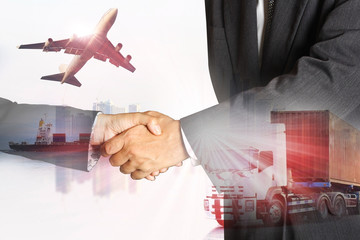Chinese President Xi Jinping on Sunday called on the rulers of the United States, Germany and other major economies to resist pressure to raise trade barriers, at the start of a G20 summit.
Beijing faces complaints that it is flooding world markets with cheap steel, prompting claims of trade restrictions. The president of the European Commission called on the Summit to take action.
Shanghai, Xi called for more innovation to stimulate economic growth and reforms in the management of the global economy and finance. He called for greater cooperation on tax, anti-corruption and measures to "improve the ability of the world economy to withstand risks."
"We should build an open world economy," Xi said
The World Trade Organization predicts that this year a global growth of just 2.8%, the third consecutive year below 3%.
For its part, the governing body of the European Union called for measures to be taken against the huge Chinese steel industry.
The G20 "must urgently find a solution" to excess steel production, said European Commission President Jean-Claude Juncker. Juncker called on Beijing to accept a monitoring mechanism for overproduction that China's partners accuse of causing low prices and job destruction.
Washington has imposed tariffs of up to 500% on Chinese steel to compensate for what regulators see as inappropriate subsidies.
Another key issue at the summit is the vote last June in Britain, a member of the G20, in favor of leaving the European Union of 28 countries. Some analysts have interpreted that vote as the first in a series of decisions in other countries to withdraw from free trade.
China, the world's largest steel producer, has pledged to reduce its production capacity by between 100 and 150 million tonnes by 2020.
Source: http://eleconomista.com.mx/economia-global/2016/09/04/china-pide-g20-resistir-presiones-elevar-barreras-comerciales




